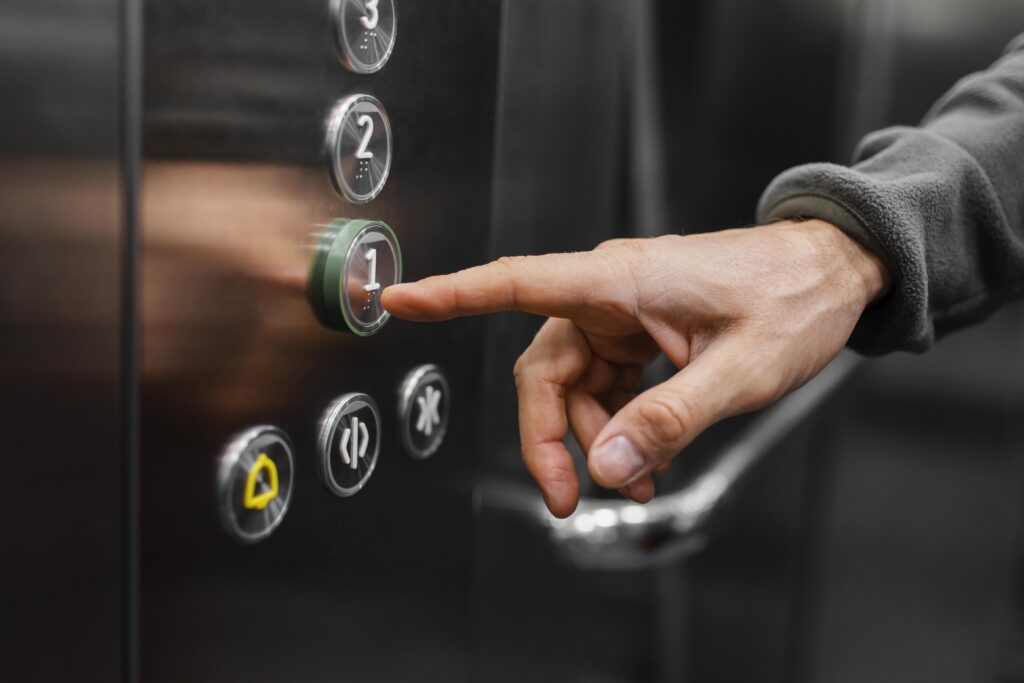Elevator Inspection
Elevator inspection is a crucial aspect of ensuring the safety, reliability, and compliance of elevator systems in buildings. Elevators are complex mechanical systems that transport people and goods between different floors of a building, and regular inspections are essential to identify and address potential issues before they escalate into safety hazards. The inspection process involves a comprehensive examination of various components and systems within an elevator to ensure they meet regulatory standards and manufacturer specifications.

Benefits
The primary benefit of elevator inspection is ensuring the safety of passengers and building occupants. Regular inspections help identify and address potential safety hazards, reducing the risk of accidents and injuries.
Elevator inspections are typically required by building codes and regulations. Compliance with these standards is essential for legal and insurance purposes, and failure to meet them can result in penalties or legal consequences.
Proactive maintenance through regular inspections can help prevent major repairs and extend the lifespan of elevator components. This can result in long-term cost savings for building owners and operators.
A well-maintained and safe elevator system adds value to a property. It enhances the overall perception of the building, contributes to tenant satisfaction, and can positively impact property resale or rental value.
